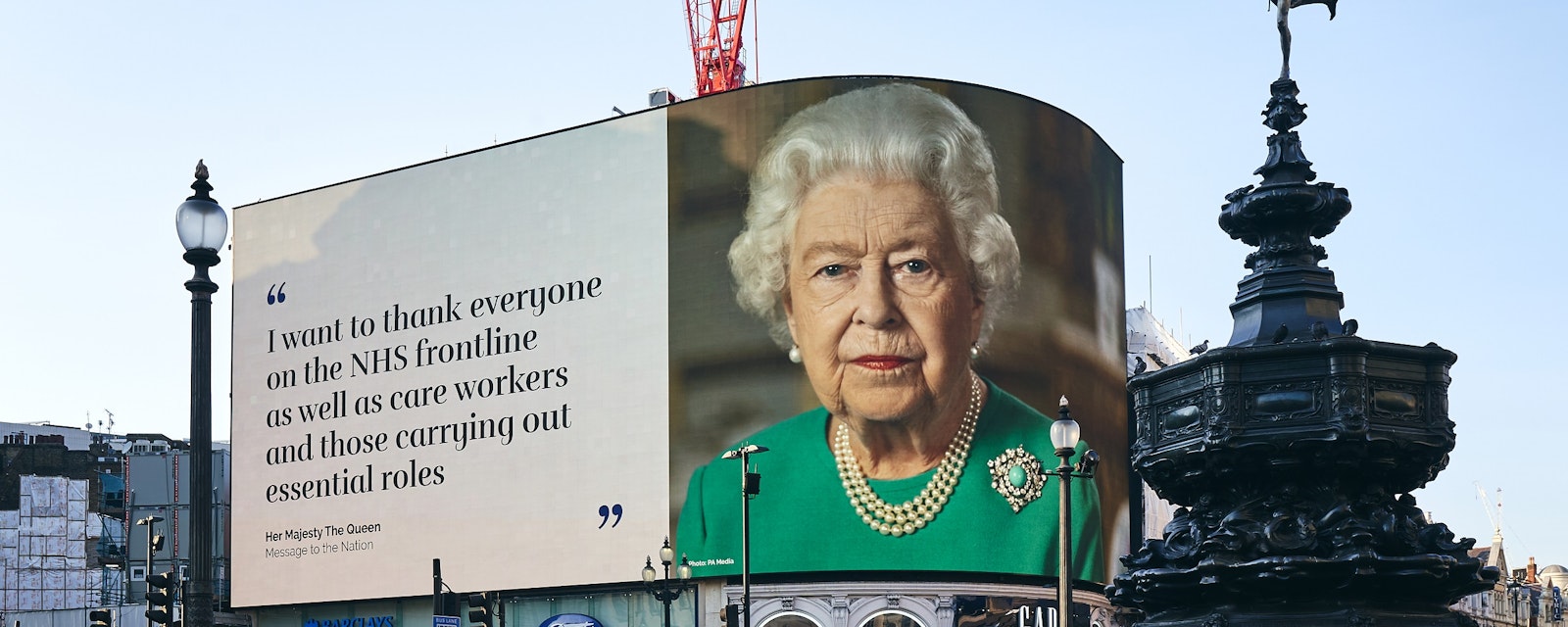As we enter the 8th week of lockdown in the UK, the intensity of the first phase of the crisis has peaked and the consequence of tactical exhaustion – as businesses have dealt with only the most pressing and most urgent - is starting to play out.
Behaviours have become frayed, decisions that bit harder to grasp, as the pressures of extraordinary uncertainty in the merging of the professional and the personal world, continue to mount. And, for those around the boardroom table, so well-practiced in reaching for the emotional respite that comes from decisive action, certainty and positivity as they scan the horizon, too many questions still cloud the search for answers.
Like the longest running of crises, there is no calm centre to this storm. And, as anyone who has faced into a systemic and long running crisis will attest, strategy and reputation become inseparable at times like these. The questions of today and yesterday still abound as much as the answers to what tomorrow might bring, remain uncertain.
This, longest storm phase of the crisis, presents a less urgent, but in practice more difficult challenge for companies and leaders to navigate – given we don’t yet know where we are going how, as we take decisions, can we ensure we manage our hindsight risks effectively? And, how prepared are we for the foresight risks and opportunities that will inevitably present themselves when we get through this? The crisis management systems, people and processes designed to respond to the immediate crisis, remain too tactical in form and capability to answer these questions.
Hindsight, and Foresight
At their most basic, the hindsight risks reflect a company’s contract with society through this crisis. The foresight risks and ultimately opportunities, the corporate and commercial purpose of a business as it emerges into a post-Coronavirus world. To answer these questions companies must bring together reputation and strategy. All to ensure they have antennae capable of sifting through the most critical of the emerging risks and are able to adapt, respond and lead in a changed world.
The early stages of the crisis saw a number of hindsight risks emerge as leaders faltered, or discovered that previous decisions had a limiting effect on their options for support. Tax policies that aggressively limited a company’s previous public contributions, quickly turned into challenging negotiations with governments around their imperative to dip into public funds. Dividend payments, pay gaps and executive remuneration, employee relations, supply chains, climate change, leverage and liquidity now form part of the judgement on a company’s reputation trajectory in these difficult times.
Populism and Law Making
Enter the world of the populist regulatory environment – the quid pro quo for funding. As governments consider special cases for support, such as workarounds on state aid, loans or competition rules, they are asking harder questions of business and are inserting more onerous requirements beyond the normal. Here there are parallels with the financial crisis, when the automotive majors asked for bailouts and new qualifications were applied. Something the aviation industry is already experiencing as more ambitious emissions reductions targets are to be found in the small print.
These early hindsight risks will be as nothing compared to the judgements that will come as the societies we all live in, pick up the bill for this devastating pandemic. As public debt peaks and unemployment, business closures and personal defaults break records, the personal and macro-economic consequences of this crisis are set to drive a more politicised, blame-oriented and polarised agenda. Actions taken today, will be judged in a harsher light under a new social contract yet to be decided upon. This further intensifies hindsight risks: did you take the furlough money, only to make your employees redundant at the end of this? What proportion of the government loan scheme went to keeping the business alive, and what to shareholders? Who came first and who last, in your decision marking?
Serious consideration must be given to these risks. And, companies must ensure that they are not caught out by the shifting sands of public opinion, when the public inquiries, parliamentary investigations and litigation that will surely come, identify their heroes and villains of this crisis.
The Opportunity to Adapt
But, a systemic crisis should never just be about risk. The old adage of never wasting a good crisis has never been truer. A crisis enables change at a pace that is unimaginable in the normal course of events. And those companies that can arrest their strategic paralysis and tactical exhaustion, understand what change really means for them and apply an adaptive mindset, can emerge far stronger from this period of extraordinary disruption.
To do so, means understanding the powerful societal themes and changes that will come in how we work, rest and play in a post-Coronavirus world. Ask yourself searching questions: do you have a picture in your mind of what this new world might look like and what does this mean for your people and your customers? Then answer the challenge - of your reputation, your product offering, your mix of people and skills, and your structures – are they fit for purpose to take positive advantage of a new world? And, then consider each potential change by its impact, cost, relevance and ease of implementation. Then act.
There will be many casualties of this crisis, but there will also be some who set themselves up better than others for when we emerge. Risk and opportunity are two sides of the same coin. To limit the impacts and grasp the opportunity means bringing reputation and strategy together now. By doing so, leaders can understand the change that is coming, manage the risks of the past and present and ensure they have the capability to adapt and lead when the future comes.




